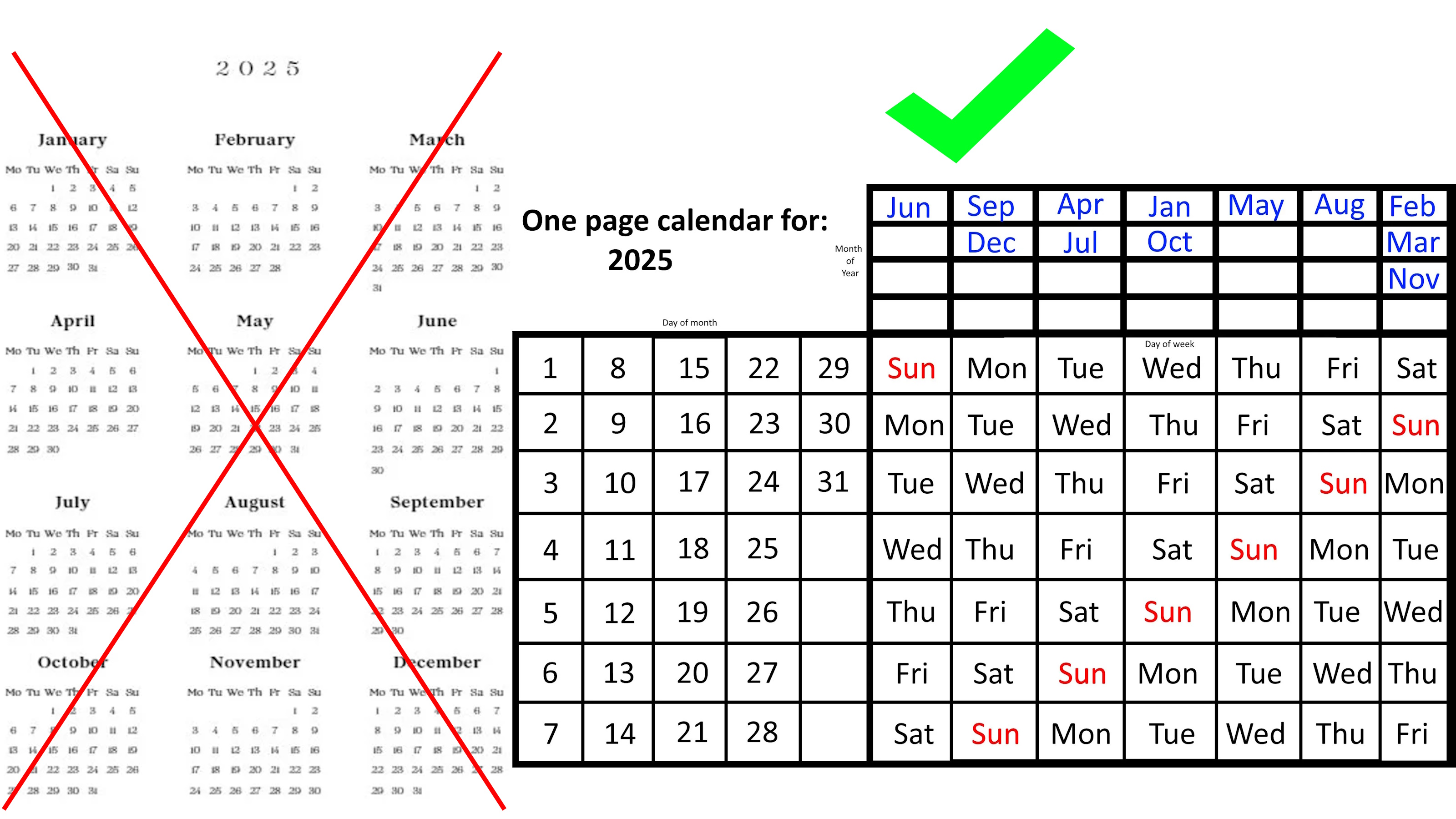John Cameron Mitchell directed, starred in and co-wrote, with Stephen Trask, the musical film Hedwig and the Angry Inch (2001), for which he received the Best Director Award at the[…]
Sign up for the Smarter Faster newsletter
A weekly newsletter featuring the biggest ideas from the smartest people
The filmmaker hates to think himself as an “auteur,” but prefers the relaxation and openness that comes with working independently.
Question: As a filmmaker, do you see yourself as an auteur or arn part of a creative team?
rn
John Cameron Mitchell: Well, it’s nice to have the finalrn say on things, but it’s very lonely if, I think, when you call yourselfrn an auteur or a, you know, when people use that phrase, you know, that rnphrase at the beginning of the film, or a film by such and such, becausern as well as written and directed by, it’s like, people have this rnobsession with kind of, how many times can I get my name, you know, in rnthe credits? That feels very pretentious to me, so I’ve always eschewedrn that idea.
rnYou know, to me, the collaboration is very important, you know, I... rnit’s important to be able to celebrate with somebody at the end of the rnday. But, knowing you have the final say in creative matters is rnimportant as well. I mean, I’ve worked as a person for hire, as well rnas the person who’s in, you know, in charge, and I prefer the in rncharge. In a way, you are more open to input if you have the comfort ofrn knowing that you have the final say. It’s the people who always think rnthey’re going to get fucked is, are the ones that get fucked. The ones rnthat are afraid of, you know, the studio or someone just clamping down, rnor the star, you know, crushing some beautiful idea, tend to have this rnattitude of, "You’re going to hurt me" and looking for trouble rather, rnso that notes aren’t received in a very open way. They’re, you know, rnthere’s a knee-jerk reaction against them. People don’t always know rnthat.
But when you have a director who does have the final say, rnwithin budget, they tend to be more relaxed and really open to what rncould very well be good notes. You know, and I like all kinds of input,rn I have a lot of screenings; I have friends, I have strangers, you know,rn giving me their opinion, as long as I know I’m not going to be forced rninto something, that’s important to me. Obviously when you get into rnlarger budgets, you have less of that freedom and I just, I’m not a rnperson that tends to make stories for those larger budgets. To me, it’srn not much fun to have that kind of pressure. So I don’t know if I’ll, rnI’ve been pretty good at saying no to stuff where I know it’s going to rnbe trouble, no matter how much money or glamor is involved.
Recorded on May 3, 2010
Interviewed by Austin Allen
rn
John Cameron Mitchell: Well, it’s nice to have the finalrn say on things, but it’s very lonely if, I think, when you call yourselfrn an auteur or a, you know, when people use that phrase, you know, that rnphrase at the beginning of the film, or a film by such and such, becausern as well as written and directed by, it’s like, people have this rnobsession with kind of, how many times can I get my name, you know, in rnthe credits? That feels very pretentious to me, so I’ve always eschewedrn that idea.
rnYou know, to me, the collaboration is very important, you know, I... rnit’s important to be able to celebrate with somebody at the end of the rnday. But, knowing you have the final say in creative matters is rnimportant as well. I mean, I’ve worked as a person for hire, as well rnas the person who’s in, you know, in charge, and I prefer the in rncharge. In a way, you are more open to input if you have the comfort ofrn knowing that you have the final say. It’s the people who always think rnthey’re going to get fucked is, are the ones that get fucked. The ones rnthat are afraid of, you know, the studio or someone just clamping down, rnor the star, you know, crushing some beautiful idea, tend to have this rnattitude of, "You’re going to hurt me" and looking for trouble rather, rnso that notes aren’t received in a very open way. They’re, you know, rnthere’s a knee-jerk reaction against them. People don’t always know rnthat.
But when you have a director who does have the final say, rnwithin budget, they tend to be more relaxed and really open to what rncould very well be good notes. You know, and I like all kinds of input,rn I have a lot of screenings; I have friends, I have strangers, you know,rn giving me their opinion, as long as I know I’m not going to be forced rninto something, that’s important to me. Obviously when you get into rnlarger budgets, you have less of that freedom and I just, I’m not a rnperson that tends to make stories for those larger budgets. To me, it’srn not much fun to have that kind of pressure. So I don’t know if I’ll, rnI’ve been pretty good at saying no to stuff where I know it’s going to rnbe trouble, no matter how much money or glamor is involved.
Recorded on May 3, 2010
Interviewed by Austin Allen
▸
6 min
—
with





